
16Dec
Miniature
Mohammad2020-03-31T09:04:27+00:00
By Mohammad Iran, Isfahan, Traveling
33 bridge, 33 pol, handicraft, handicrafts, iran, iranian handicrafts, isfahan, isfahanApiTag, Mosque, persian art, shiraz, tehran, travel, Vipemo
0 Comments
Miniature
Miniature in Iran went through a long and complicated course of development, reaching its culmination mainly during the Mongol and Timurid periods. From a historical viewpoint, the most important development in Iranian miniature has been the adoption of Chinese design and coloring, subsequently blended with the idiosyncratic cultural concepts of Iranian artists.
The most important function of miniatures was the illustration of manuscripts. Miniatures pictured the literary plot, making it more enjoyable and easier to understand. Iran’s great wealth of inspiring literature caused the emergence of many schools of miniature painting, each school having its own unique style. Esfahan was the seat of the last great school of Persian miniature painting, at its height in the early 17th century under the patronage of Shah Abbas I. The purity of color, elegance of poses, emphasis on details, and vigor of the individual figure are the main characteristics of this style. Bright sky, the beauty of flowers, and human beings dressed in splendid garments create the general atmosphere of Safavid paintings. Another feature of Safavid painting is an interest in depicting the minor events of daily life.
Miniature in Safavid Period
During the Safavid period, precious manuscripts somewhat declined in number, supplanted in part by a proliferation of single-page drawings that appealed to a less sophisticated audience. Artists serving royalty no longer made their living based on the royal patronage alone. Some sold their works to minor patrons and even to merchants, who carried the pages to the bazaars of India and Turkey. Signed work became the rule, rather than the exception it had been in earlier times. This may be because the connoisseurs of the previous epochs had not needed a signature in order to identify the artist: they could easily distinguish the hand of a certain master merely by his artistic individuality.
The leading master of the Esfahan School was Reza Abbasi, and many painters of the Esfahan school imitated his style.
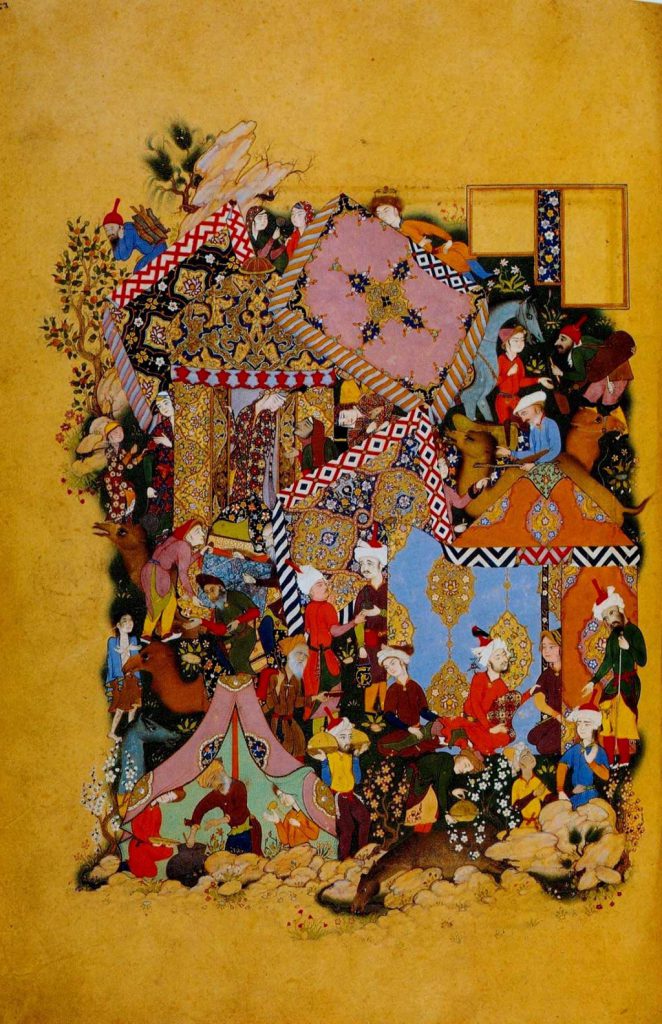
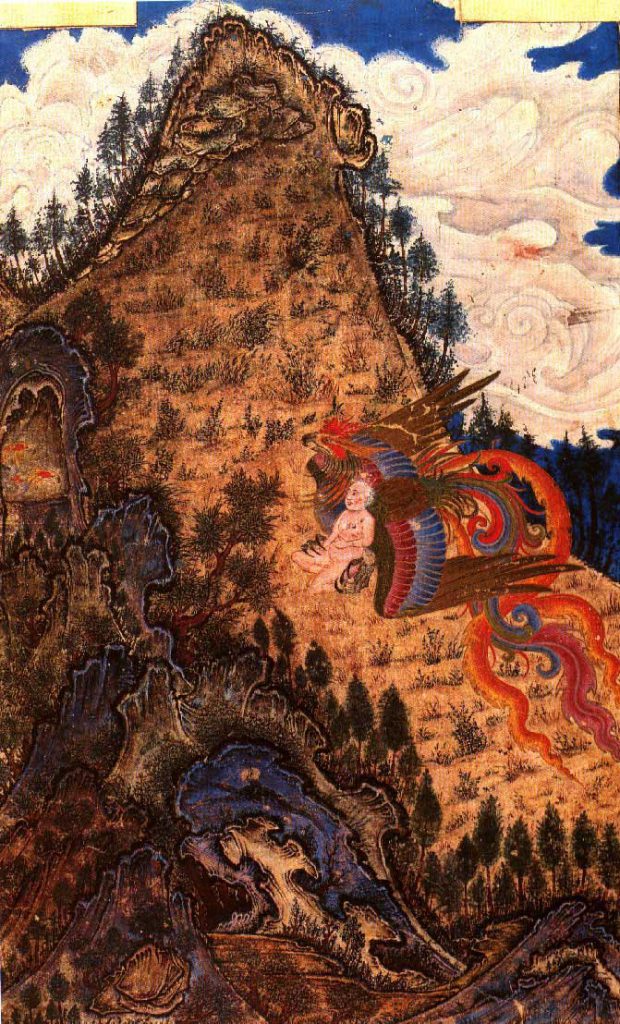
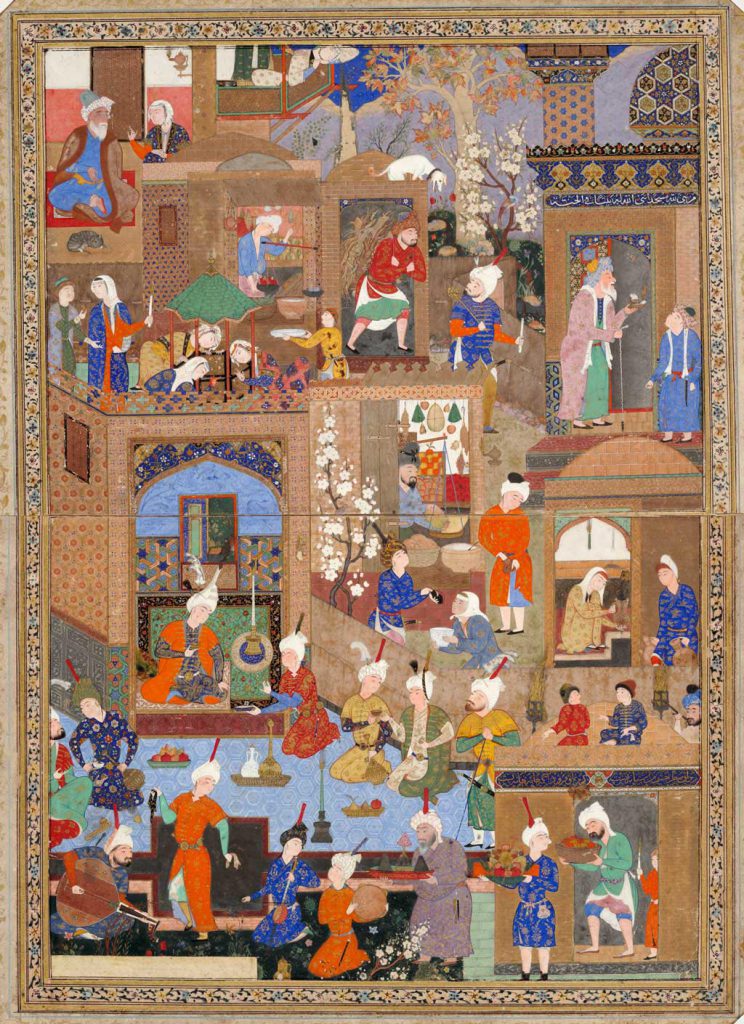
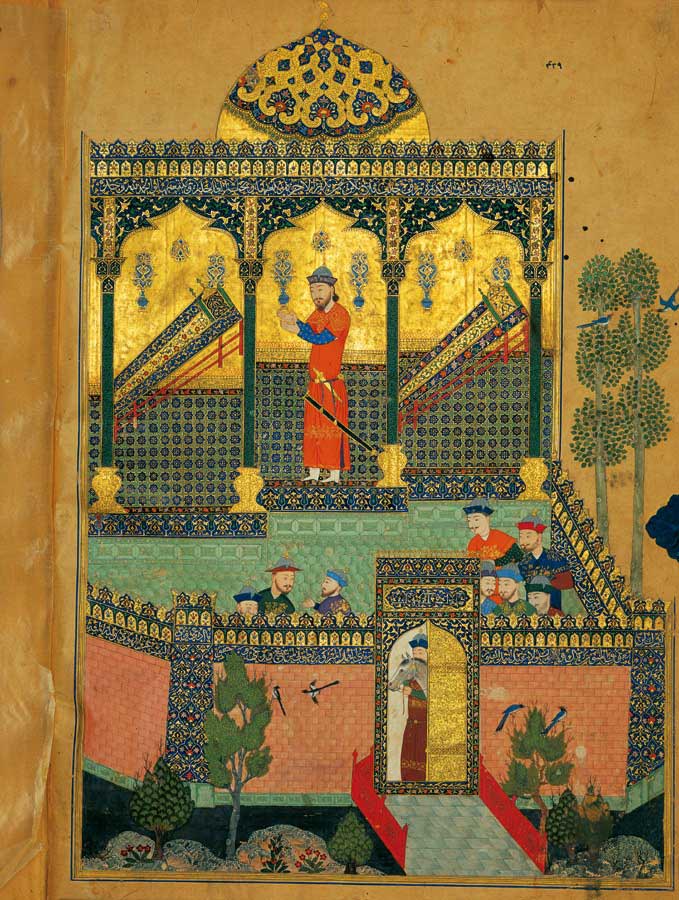
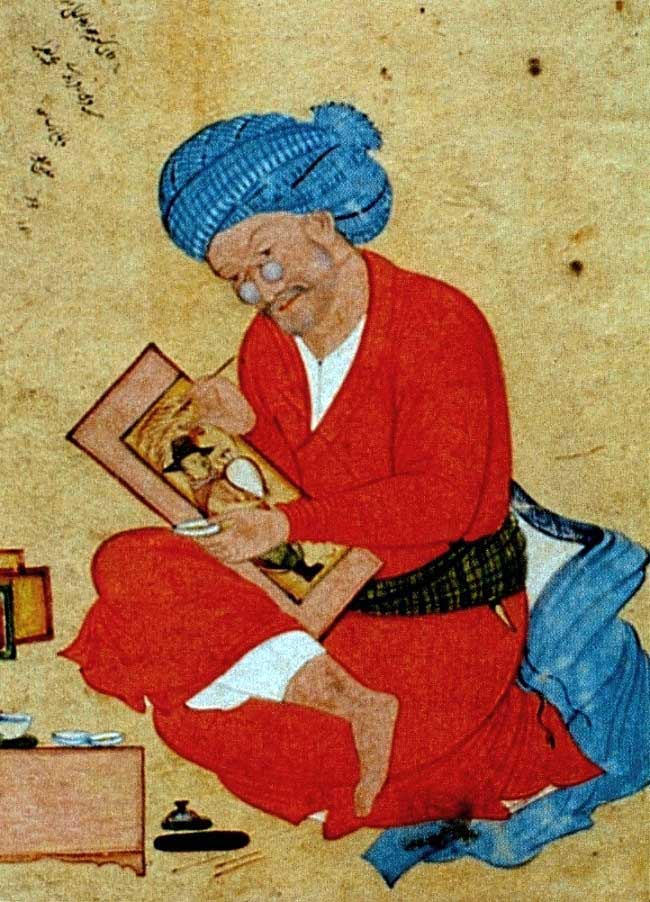
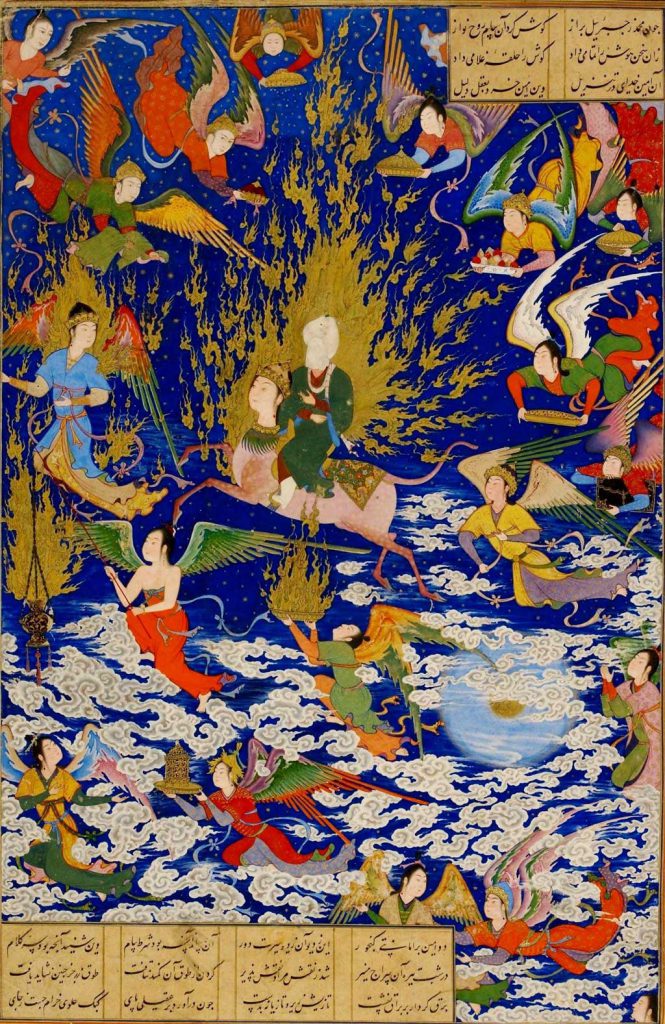
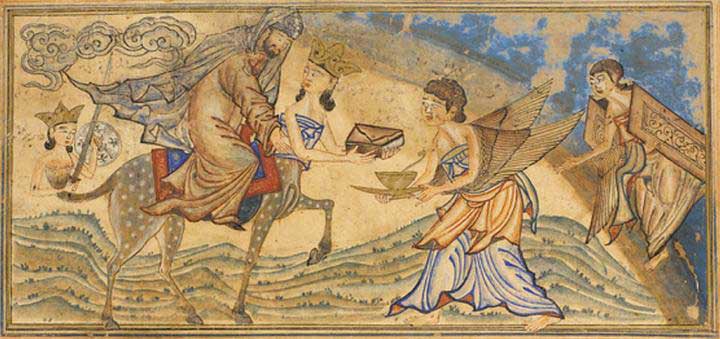
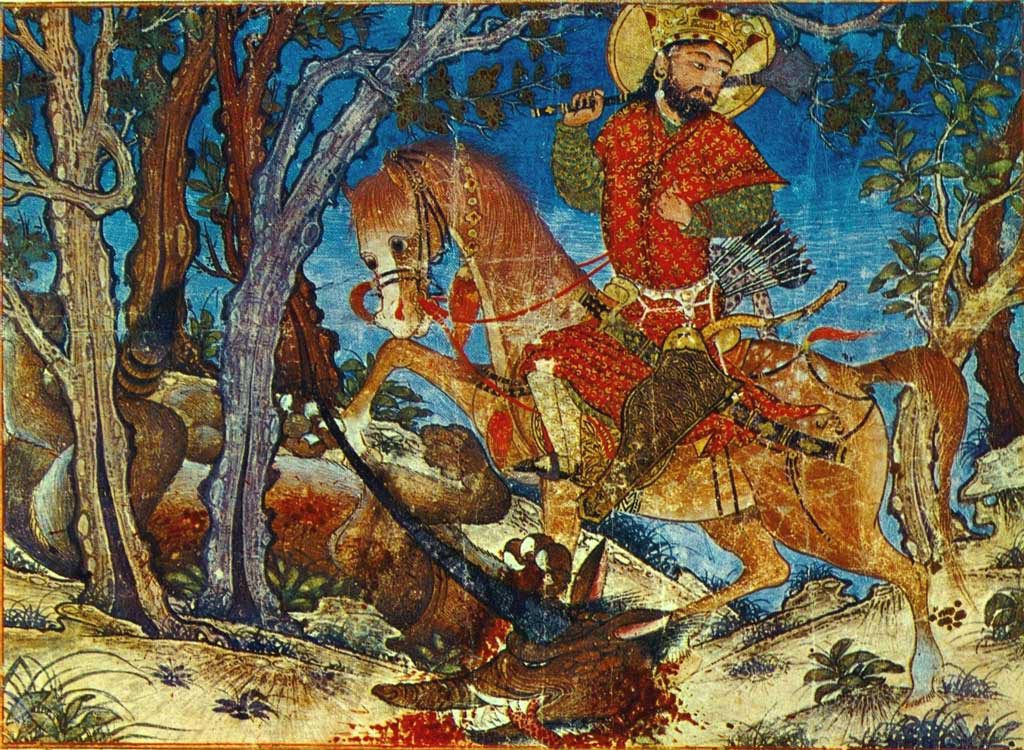
Vipemo Products
-
Firooze Koobi, Firooze Koobi, Jug
Sake Jug – Turquoise Inlaying – Size 2
5.00 out of 5€1,524.00€1,200.00Add to cartQuick View -
Candy Dish, Firooze Koobi, Nut Bowl Dish, Sugar/Candy Pot
Candy/Nuts Bowl Dish – Size 7
0 out of 5€1,500.00€1,300.00Add to cartQuick View -
Candy Dish, Firooze Koobi, Nut Bowl Dish, Sugar/Candy Pot
Candy/Nuts Bowl Dish – Size 1
€182.000 out of 5Add to cartQuick View -
-
-
-
-
-


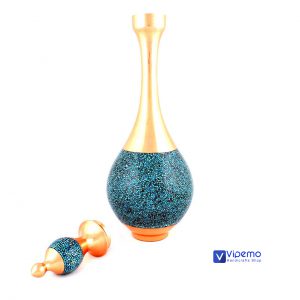
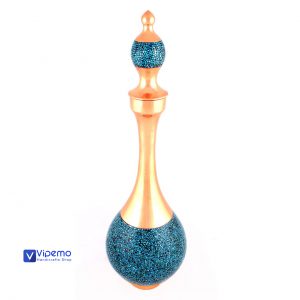
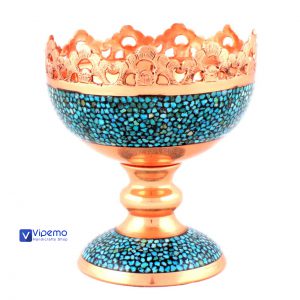
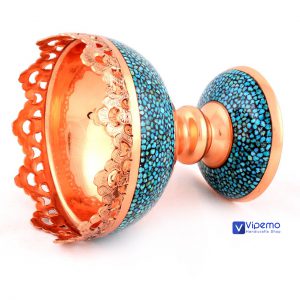
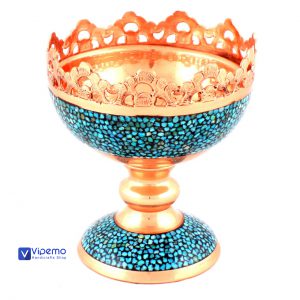
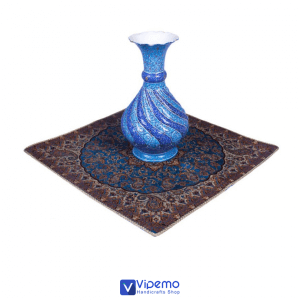
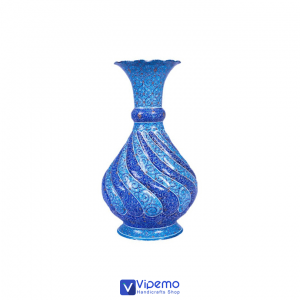
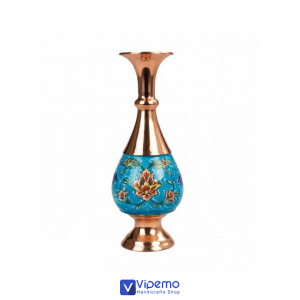
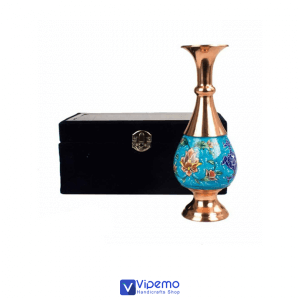






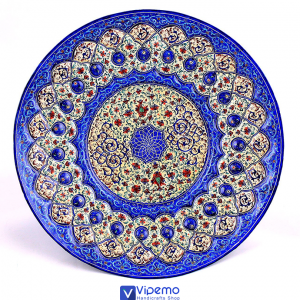
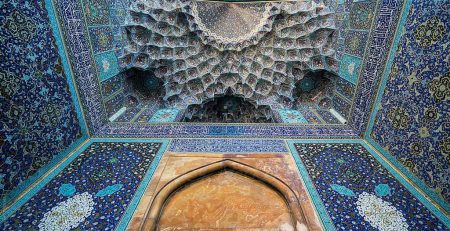

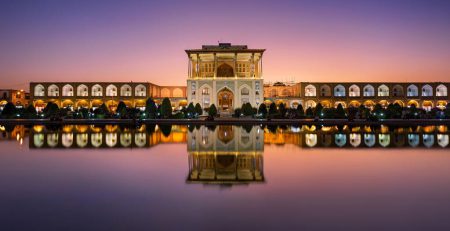
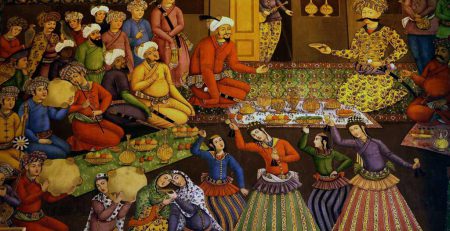
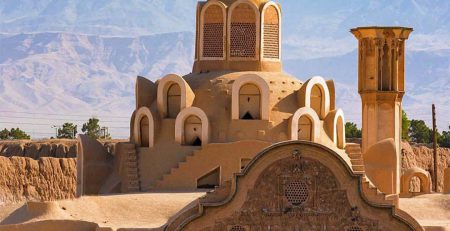
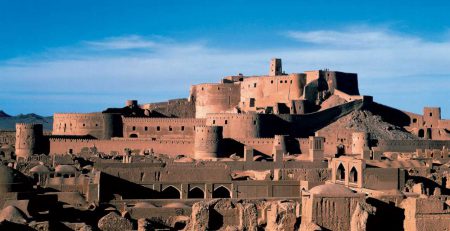

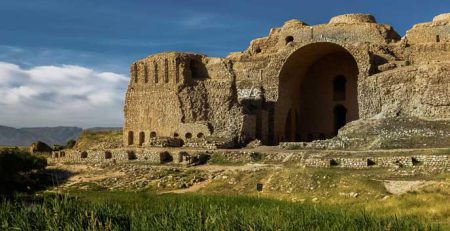
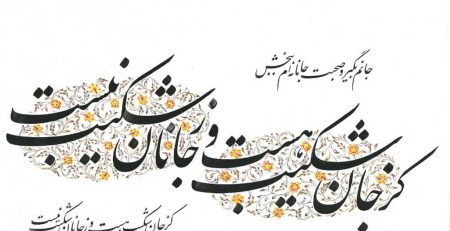
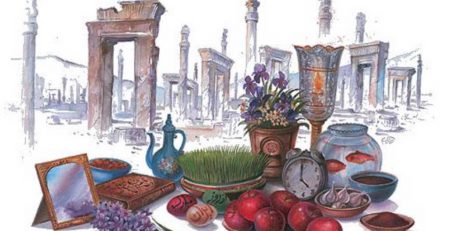
Leave a Reply